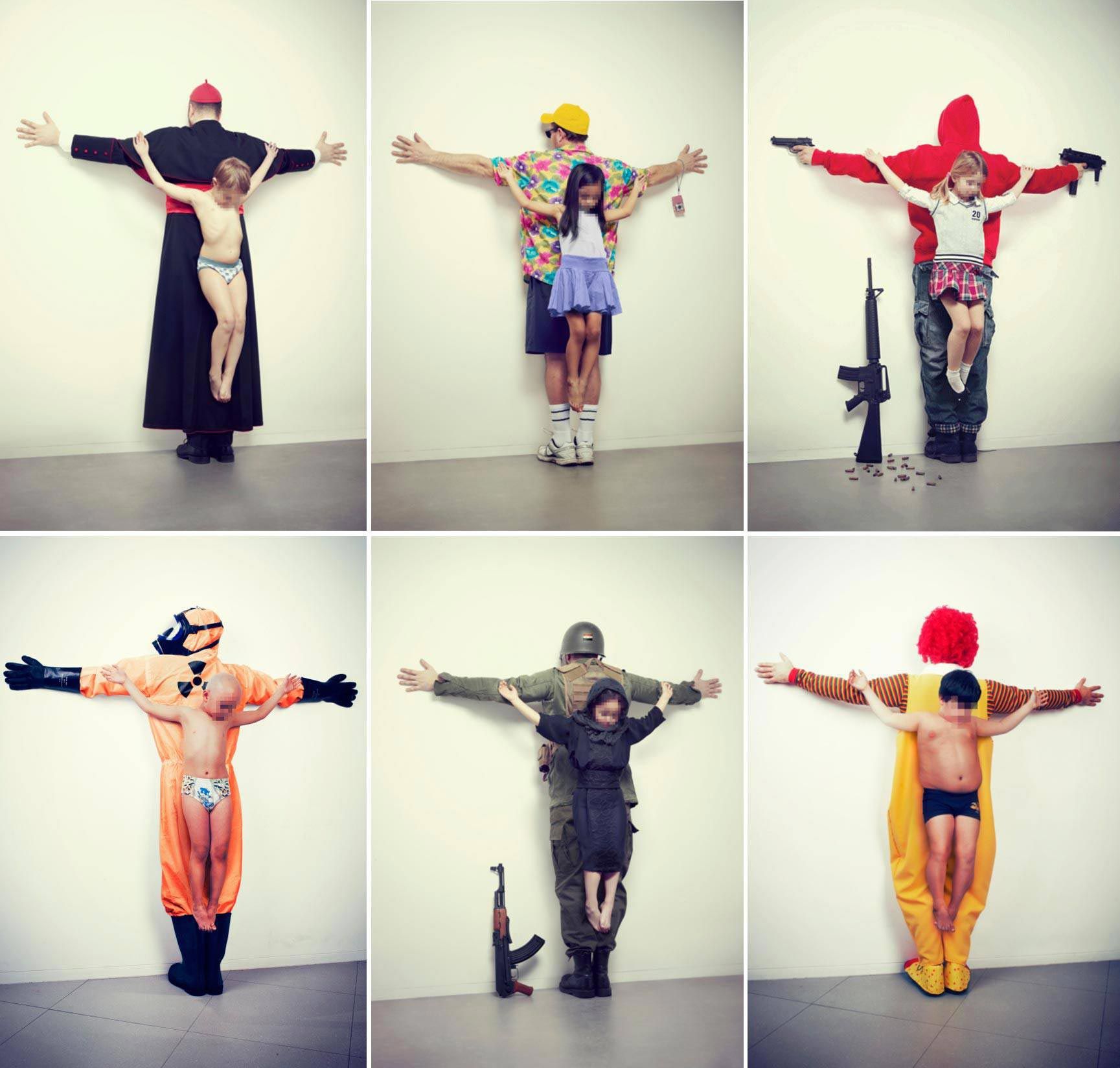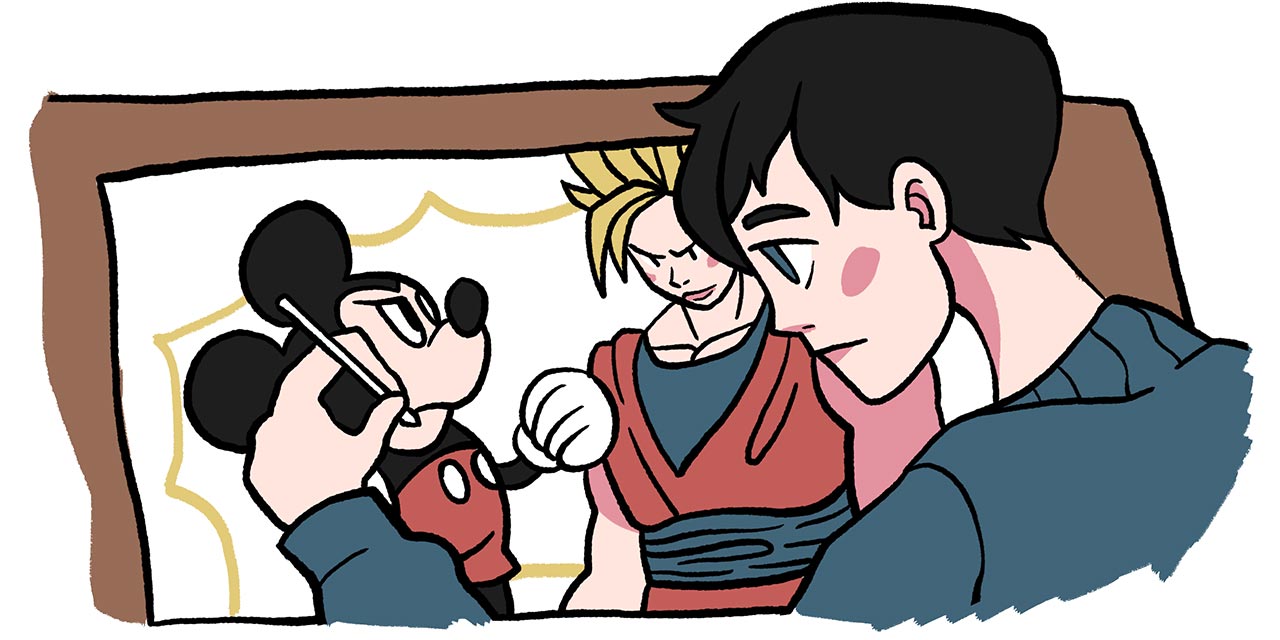Japan has already been mentioned in class for having little to none violent crime, with the exception of sexual abuse of minors. Japan has turned heads before for it’s unabashed standards of sexuality and to Westerners, catering to strange fetishes in the form of vending machines of used panties, sexual hotels, and tentacles. However, while strange, these practices are perfectly legal.
However, Japan straddles a very gray line, and it is not their age of consent laws. When it comes to a specific form of art pervasive there, known as lolicon, which is perfectly legal in Japan, a gray zone is created in the West and Europe. Lolicon is anime or manga style art depicting minors, and clearly prepubescent children engaged in sexually explicit acts. It is basically hentai (anime style drawn pornography) of young children who are in no ways able to consent. Some of these comics and animations disturbingly feature scenarios of incest and rape.
Many in the West and even in Japan argue that this is cut and dry child pornography, and anyone possession of these comics or who produce them should be prosecuted accordingly. The argument is made by Kazuna Kanajiri, a child protection activist, that they believe that lolicon has a great “social harm,” and only serves to fuel the desires of pedophiles and their fantasies. They claim with enough consumption of lolicon, or any sort of pornography depicting children, the likelihood that a pedophile will offend and rape a real child would increase. It can also be argued that these comics can be distributed to groom children for sex, by exposing them to sexually explicit acts in an art form that is typically catered to very young kids. However, many fans of this medium, lovers of free speech, and Japan see it from a different perspective.
Lolicon, lumped together with all other anime and mediums, is an expression of art. Foremost, they make the argument Lolicon poses no real harm, because obviously the children depicted are nothing more than ink on paper and represent fantasy. Apart from fiction, there are no real children being raped. When children get beheaded on “Game of Thrones,” we do not prosecute the network HBO for depicting the violence and death of children, which is equally illegal as rape. The argument can be made then, that lolicon is an extreme form of artistic expression and that we should never make laws restricting the creative content people may create, despite how gruesome and disgusting it may be.
Banning lolicon is viewed nothing more as fascist censorship, and holding a fictional piece of work to real life standards, which is ludicrous considering the amount of violence we depict in American movies. Violent movies have been proven to encourage violent behavior, however, they have not been banned or made illegal in the favor of creative expression. So even if lolicon does encourage pedophilia, perhaps only the crime of raping a real life child should be prosecuted, rather attacking the material that may have influenced it. It’s a slippery slope trying to censor anything fictional because it can easily be applied across the board. Some rap songs may influence violence against the police, 16 and pregnant may encourage teen pregnancy, and professional wrestling may encourage violence, but we view none of these mediums to be criminal. I believe it is the taboo of pedophilia that makes anything associated with it all the more polarized and easier to vilify when double standards exist so pervasively in North American society.
#pornography #japan #children #pedophelia #comix






